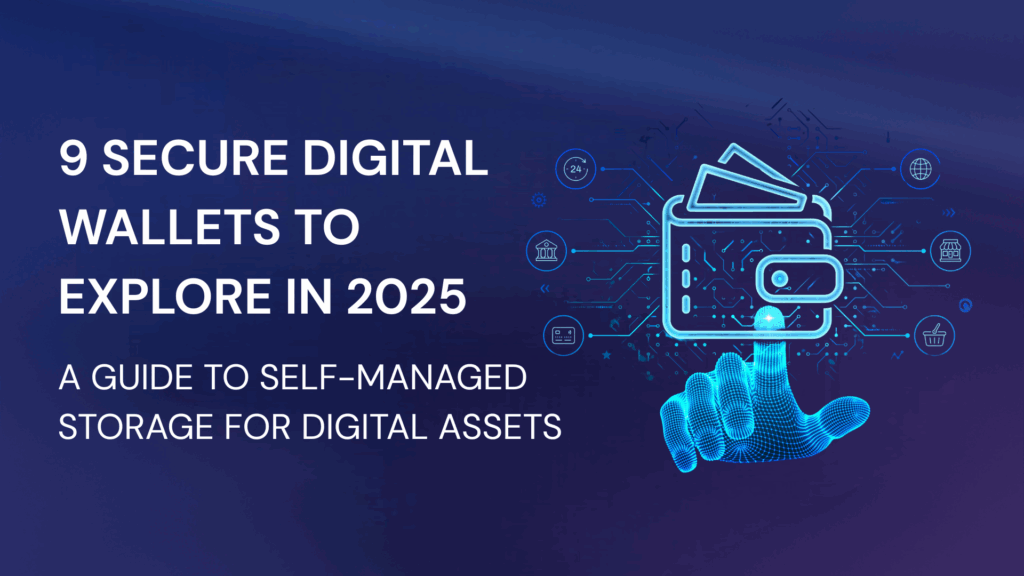
Disclaimer: This content is intended for general informational and educational purposes only and does not offer financial, investment, or trading advice.
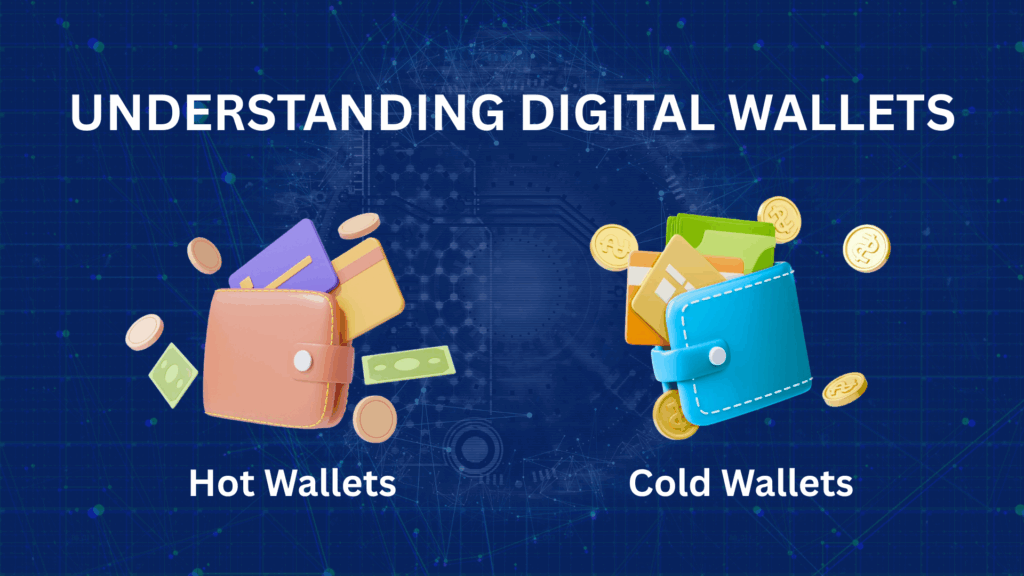
A digital wallet allows you to store and manage private access credentials—often called private keys—that are required to access decentralized networks and services. Without secure storage of these credentials, asset control may be lost.
There are two core categories:
Both serve unique roles in digital asset security. Many users employ a combination of both types depending on their storage needs and usage frequency.
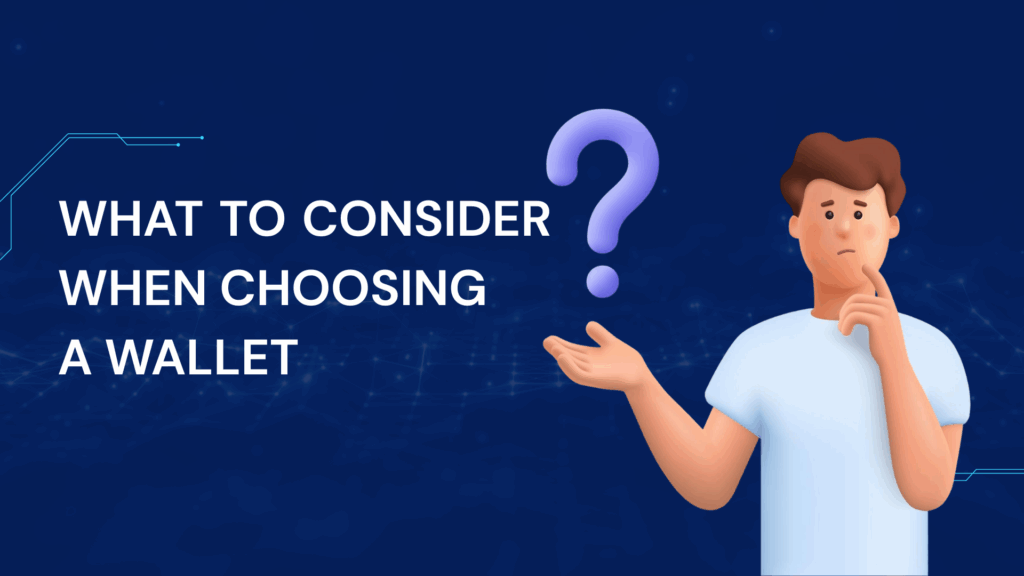

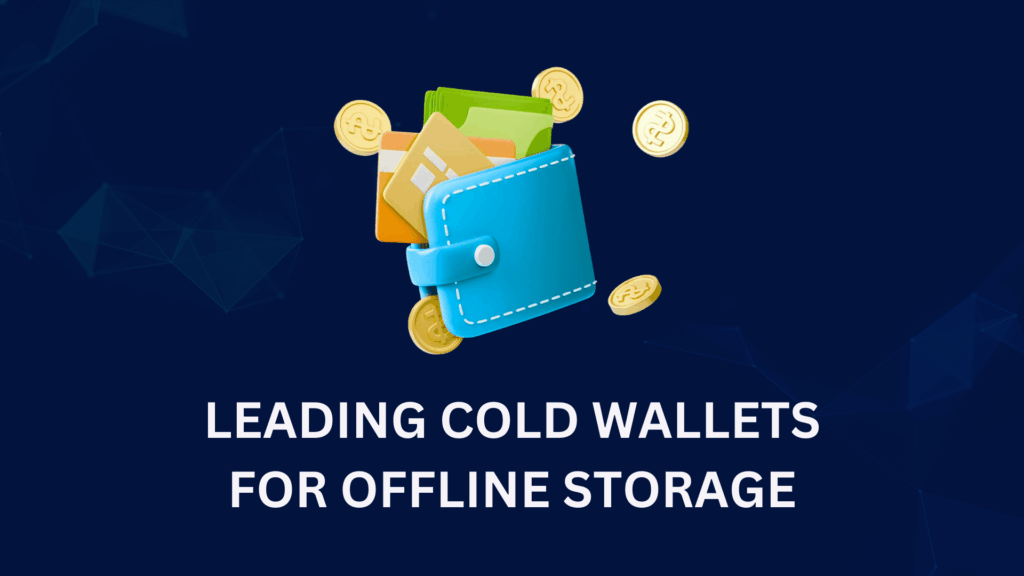
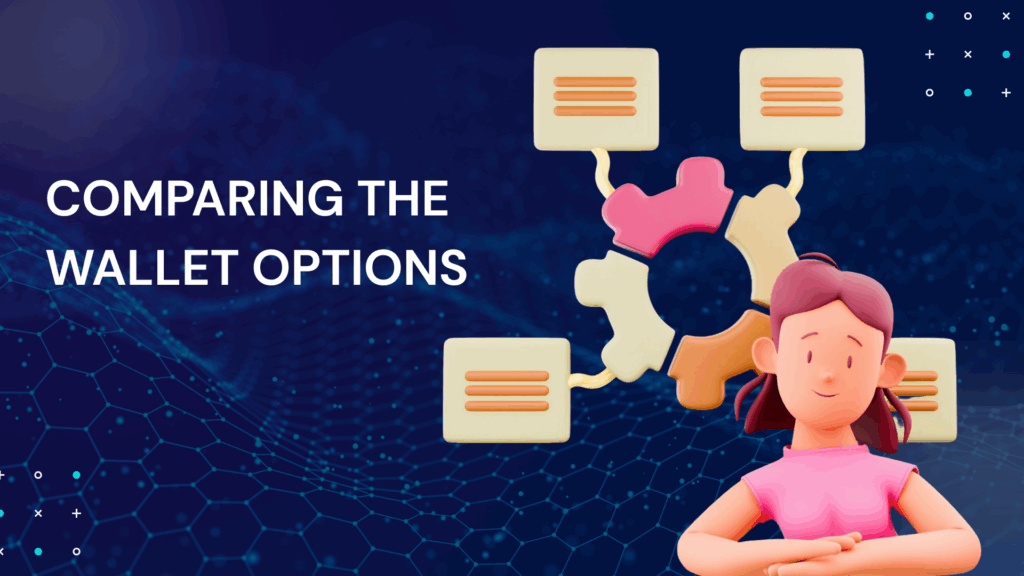
While all listed wallets serve the purpose of securing digital access credentials, some prioritize ease of use, others offer advanced integrations or are tailored to certain blockchain ecosystems. Here’s a brief comparison:

No. A digital wallet gives you control of your credentials. In contrast, keeping assets on an exchange places that responsibility with a third party. Each method has tradeoffs in convenience and control.
Most self-managed wallets offer recovery via a unique seed phrase. It is essential to store this information securely and privately, as loss of the seed phrase may lead to permanent access loss.
Some broker platforms allow transfers to external wallets, while others do not. Always check the terms of the provider you are using.